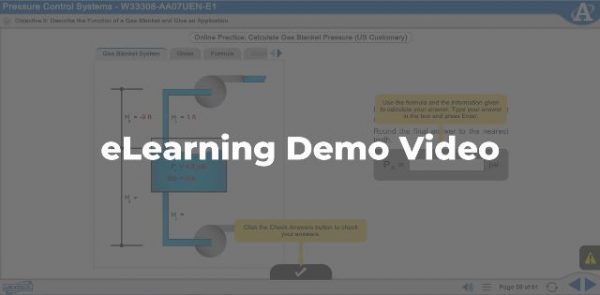Amatrol's basic electrical machines eLearning course covers important topics, such as:
DC Series Motors
Learners begin with an introduction to DC series motors, including electric motor safety and DC series motor operation. Individual lessons focus on topics like basic components of electric motors, DC motor wiring configurations, and reversing a DC series motor. Learners will also practice skills, such as connecting and operating a DC series motor and reversing the rotation of a DC series motor.
DC Shunt and Compound Motors
Learners will study the components and operation of DC shunt and compound motors. Individual lessons focus on topics like how a DC motor is wired for self-excited shunt operation, advantages of a separately-excited DC shunt motor, and the types of DC compound motor configurations. Learners will also practice skills, such as connecting and operating a self-excited DC shunt motor, reversing the rotation of a DC shunt motor, and connecting and operating a cumulative DC compound motor.
Motor Speed and Torque
Learners using Amatrol’s basic electrical machines eLearning course will study basic principles of motor speed and torque, including motor speed and torque measurement. Individual lessons focus on topics like methods used to measure motor speed, how torque is calculated, and applications for measuring torque. Learners will also practice skills, such as measuring the speed of a motor using a photo tachometer, calculating the load on a motor that uses a gear drive or belt drive system, and determining the torque delivered by a motor using current measurements.
Motor Performance
Learners will study various aspects and components of motor performance, including motor power and efficiency. Individual lessons focus on topics like the importance of motor efficiency, motor performance characteristics, and speed/torque characteristics of DC motor configurations. Learners will also practice skills, such as calculating the efficiency of a motor given input and output power, measuring and calculating the performance characteristics of a DC motor, and plotting and analyzing the efficiency vs. power curve of a DC motor.






















































